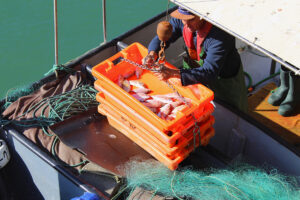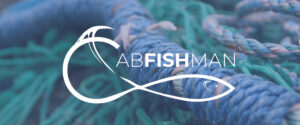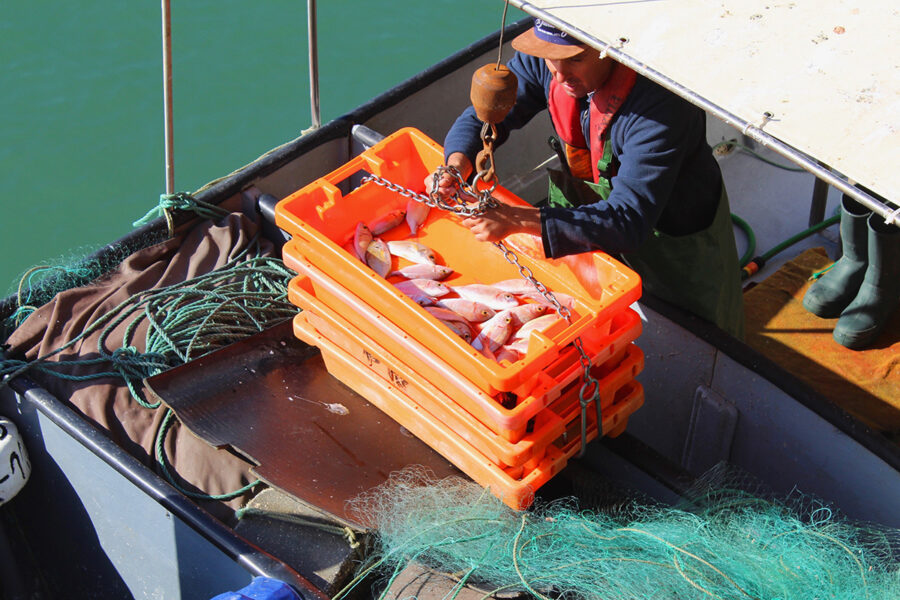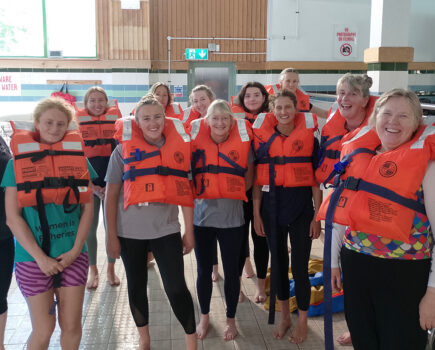How do you measure the true worth of small-scale fisheries? New tools developed by the CABFishMan project will enable fishing communities to do just that, explains Elle Sibthorpe
As part of its work to develop tools for the collaborative management of small-scale fisheries, the CABFishMan project has developed methods to estimate the economic value of the wide range of benefits and services that they provide. The processes aim to make it easier for fisheries managers to fully account for the potential benefits – or trade-offs – of future decisions.
Small-scale fisheries are so much more than the fish they land. They are key sources of employment and trade, and bastions of heritage and culture, and they are often cited as sources of pride for the communities they serve.
The many benefits or ‘services’ that small-scale fisheries collectively provide make them an important source of wellbeing and income – factors that should be acknowledged by those who make decisions about their future management. Unfortunately, they are the very factors that are often left out of the decision-making process.
An ecosystem-led approach seeks to change the narrative of fisheries management. Gaining traction across Europe, the approach aims to maximise the benefits that we, as a society, derive from fisheries, whilst actively protecting marine resources. It does this with the aim of enabling balanced, effective management decisions that support sustainable fisheries and coastal communities.
The CABFishMan project has taken this one step further by working to create tools and processes that support a collaborative approach to ecosystem-led management of small-scale fisheries.
“Strong evidence exists for the benefits of an ecosystem-led approach that accounts for the social importance of fisheries, but there is a need to develop methods for operationalising the approach within small-scale fisheries, to make sure it can be used to support effective management decisions,” said Arantza Murillas of AZTI in Spain, who co-ordinated the CABFishMan project.

Gill-net catches being swung ashore in Quartiera, Portugal. The CABFishMan project has developed tools that also allow a value to be placed on less tangible products of small-scale fisheries, like wellbeing and community identity. (Photo: André Carvalho)
Over the last four years, CABFishMan has been working closely with small-scale fishermen and fisheries managers in Spain, Portugal, France, the UK and Ireland to understand the exact nature of the services their fisheries provide, and establish a way to assign an economic value to them.
For example, if we can give ‘wellbeing’ an economic value, we can build a more tangible idea of the benefits of making management decisions that would support the wellbeing of a community, and weigh it up against the foreseen economic costs of the change.
This is the first time that such an assessment has been made specifically for small-scale fisheries, and with a focus on the North East Atlantic. Ensuring that the needs of fishermen were integrated into the work, the project sought the expert input of fisheries stakeholders across Europe’s North East Atlantic coast to help determine the economic values.
So that the information is as relevant as possible to the key issues facing the inshore sector, it also included an estimation of fuel consumption and carbon footprint, and will provide another avenue for fishermen to evidence their economic contribution – a key element in protecting fishing rights within marine spatial planning.
“CABFishMan is the first project of the INTERREG Atlantic Area that the Irish small-scale fleet has been a part of. The experience of working collaboratively with partners across the participating countries highlights the common issues that affect small-scale fisheries,” said Richard Curtin, senior economist at Bord Iascaigh Mhara.
“The groundbreaking work carried out across the many workstreams of this project will provide very important tools and information for small-scale fisheries stakeholders to develop their sectors.”
So how can this information be used to support small-scale fisheries? The economic data has been made into a series of online tools that allow fisheries managers to simulate the effects of proposed decisions. These are focused around five key areas of relevance to small-scale fisheries, and allow managers to input information that is relevant to their fishery. By doing this, they can see the likely benefits and trade-offs of decisions, without impacting the livelihoods of fishermen.
The tools are available online via the project website, and will be integrated into the CABFishMan GeoTool – an open-access online web tool designed to provide key evidence in support of management decisions for small-scale fisheries in the North East Atlantic.
The GeoTool and other resources will be showcased at the CABFishMan Final Symposium on 22 March, with online attendance available in the morning. To find out more about the project and register for the event, visit: cabfishman.net.
What is CABFishMan?

Conserving Atlantic Biodiversity by Supporting Innovative Small-Scale Fisheries Co-management (CABFishMan) is an international research project aimed at improving the protection of the marine environment and marine resources in the North East Atlantic.
Working across the UK, Ireland, Spain, France and Portugal, CABFishMan has sought to work with the small-scale fishing sector and facilitate a collaborative approach, developing tools for management that have the potential to support ecosystem-sensitive governance of small- scale fisheries in the region.
This story was taken from the latest issue of Fishing News. For more up-to-date and in-depth reports on the UK and Irish commercial fishing sector, subscribe to Fishing News here or buy the latest single issue for just £3.30 here.
Sign up to Fishing News’ FREE e-newsletter here.








